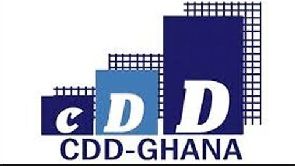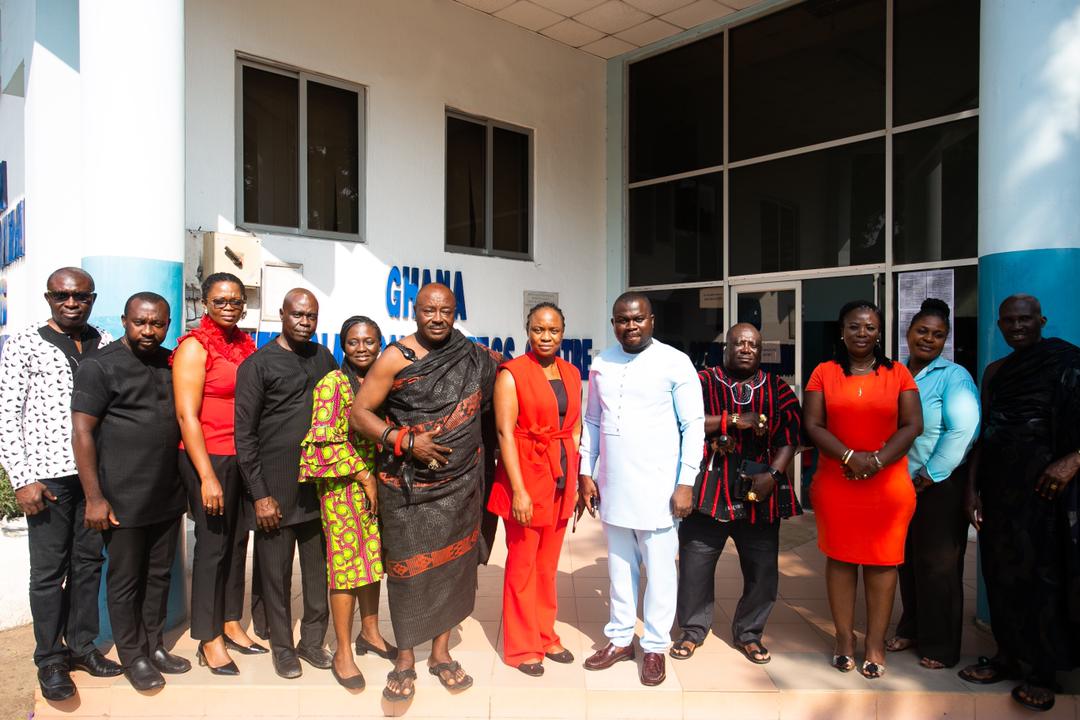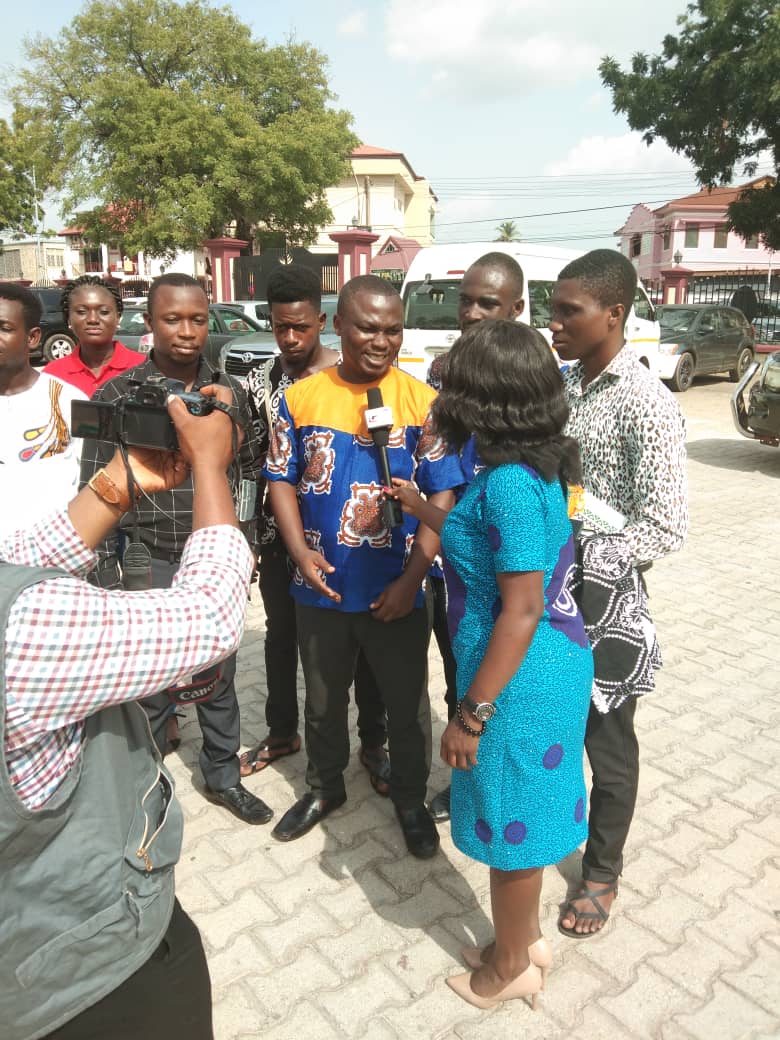CDD calls for juvenile justice reforms, protection of rights of child offenders

The Center for Democratic Development, (CDD-Ghana) wants government to as a matter of urgency pay serious attention to the correctional centers that play a key role in the reformation of young offenders.
Many have attributed Ghana’s poor juvenile justice system to lack of active senior correctional centers and shelters.
Poverty, lack of economic opportunities, drug abuse, petty crime and anti-social behaviors often lead children in conflict with the law. In a statement, CDD recommended the following actions to strengthen and enhance senior correctional centers in the country to avert the breeding of juvenile criminals.
i. Adequate resourcing for the Senior Correctional Centers
ii. Build Senior Correctional Centers in all the regional capitals to prevent juveniles from being sent to adult prisons
iii. Provide stationed physicians and clinical psychologists to the Senior Correctional Centers
iv. Provide the necessary training materials, technical and vocational equipment to assist in skills development and training for these young offenders
v. Set start-up capital for those who may complete their sentence to launch them into self-employment, in the bid to avoid recidivism
vi. Develop a tracking system to check recidivism
vii. National Commission on Civic Education to embark on public sensitization on stigmatization of young offenders by the society
Juvenile Justice
Globally the number of young people coming in conflict with the law is growing at a rapid rate and the situation is not any different in Ghana.
However, there are significant challenges in responding to this rise.
In 2003, Ghana’s 4th Parliament of the 4th Republic passed the Juvenile Justice Act, 2003 (Act 653) with the aim of providing an alternative criminal justice system to protect the rights of children in conflict with the law.
The law further sought to provide for younger offenders in accordance with international standards based on the United Nations Convention on the Rights of the Child (UNCRC) and the United Nations Standard Minimum Rules for the administration of Juvenile Justice.
The Correctional Centers that currently exist in Ghana were established in 1947 – before the passing of Act 653 – to “reform, rehabilitate and reintegrate” the country’s young offenders through a series of moral and vocational training. Section 39 (1) allows the Minister responsible for Social Welfare to establish and manage the Junior Correctional Centers, while Section 39 (2) of the Juvenile Act grants the establishment and management of the Senior Correctional Centers to the Ministry of Interior.
As at August 2018, the Senior Correctional Center (formerly known as the Borstal Institute),
which is the only functional male juvenile reformatory unit in the country, housed 230 boys from all over the regions.
The Girls Correctional Center – the only senior correctional centre for girls in Ghana – has nine inmates.
These correctional centres, which are required to offer skills training and appropriate education to young offenders, are consistently faced with low budget allocation, poor training facilities, outdated equipment, and other resource constraints.
Source: citinewsroom.com





